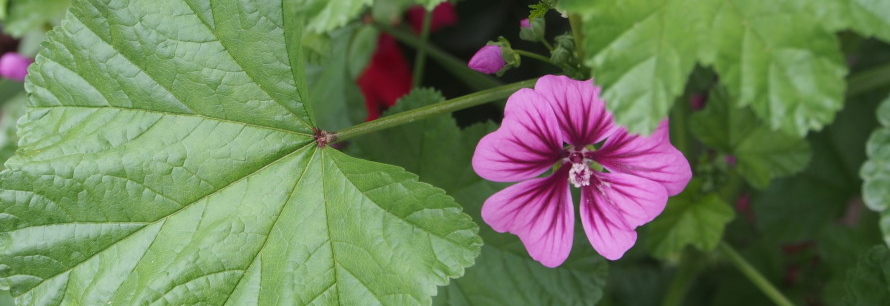The full pdf copy of this edition is available here.
PRESIDENT’S MESSAGE – by John Atkinson
EVERY DAY IS A GIFT!
Where do we go from here? What do we do with this gift? First: Let me say “thank you” for a remarkable year! My commitment to Gwinnett County Master Gardeners will continue, but it is time for me to “move ahead” to a different area of service. We have a new crew coming in that will keep the boat afloat and steer us on a course that will move us in new directions.
We have a bank of talent in our current membership. Help your leadership tap into your interests and talents. Try something new! This may be your year to take the opportunity you had put aside. Master Gardeners are especially equipped and motivated to train and share their skills with their neighbors about plants and growing things. They can work with youth and elderly in gardening projects that will continue for years.
Gardening and growing things has not changed, but it has been modified by increasing and improving knowledge and scientific research. Research in state university programs gives us insight into things we thought were known, but only suspected before. As we are provided with new research we perfect our plant knowledge and gardening skills.
Learn to listen. Part of teaching is learning. We all learn by listening and doing. We have so much to learn and so little time.
Most folks who “Ask a Master Gardener” simply want to be heard. “I have a question. What do you think?” The solution often not a perfect response, but often a reverse question: Tell me about your situation; “What do you think?”
Listening is an active skill. It is not simply the other person’s turn to talk. We need to connect with that conversation by anticipating what’s next. Get on the level with the person who is speaking. Develop your listening skills by thinking of a response that will encourage the other party to keep talking.
Finally, let’s learn the language. Learning the common names of plants is not easy, but sometimes two different plants can have the same name in
different regions. (How many plants are known as “spurge”?) Using scientific names adds authority to your speaking. Whoever said Latin is a dead language has not spent time in horticulture. Make friends with your garden one name at a time. There is a certain rhythm and melody to the botanical names of plants.
Other articles in this issue:
Overwintering Tropical Water Lilies – By Marlene Gillman
Using Stone For The Bones Of The Garden – By Shannon Pable
Edible Wild Landscape: Cossack Asparagus – By Dan Willis

